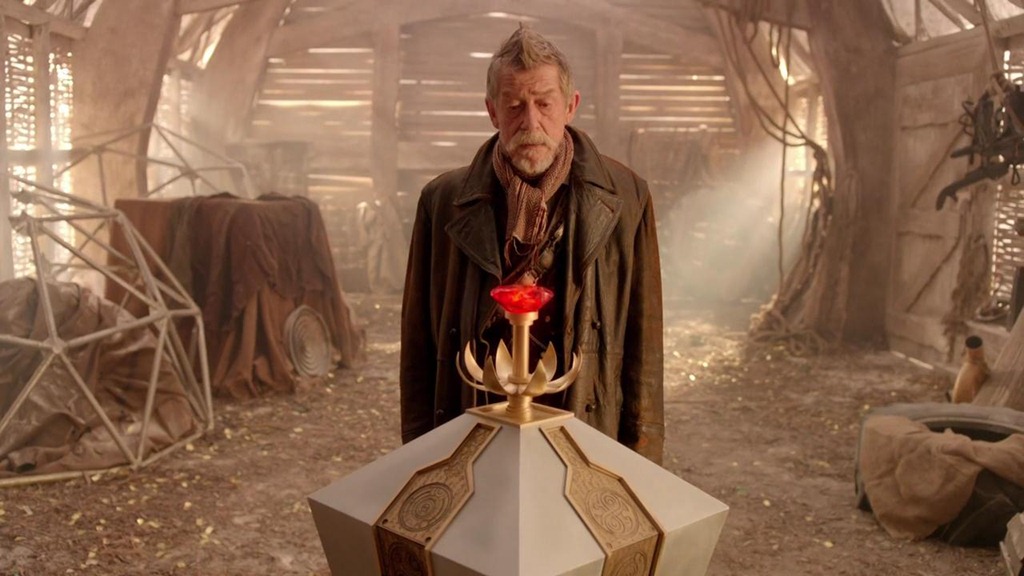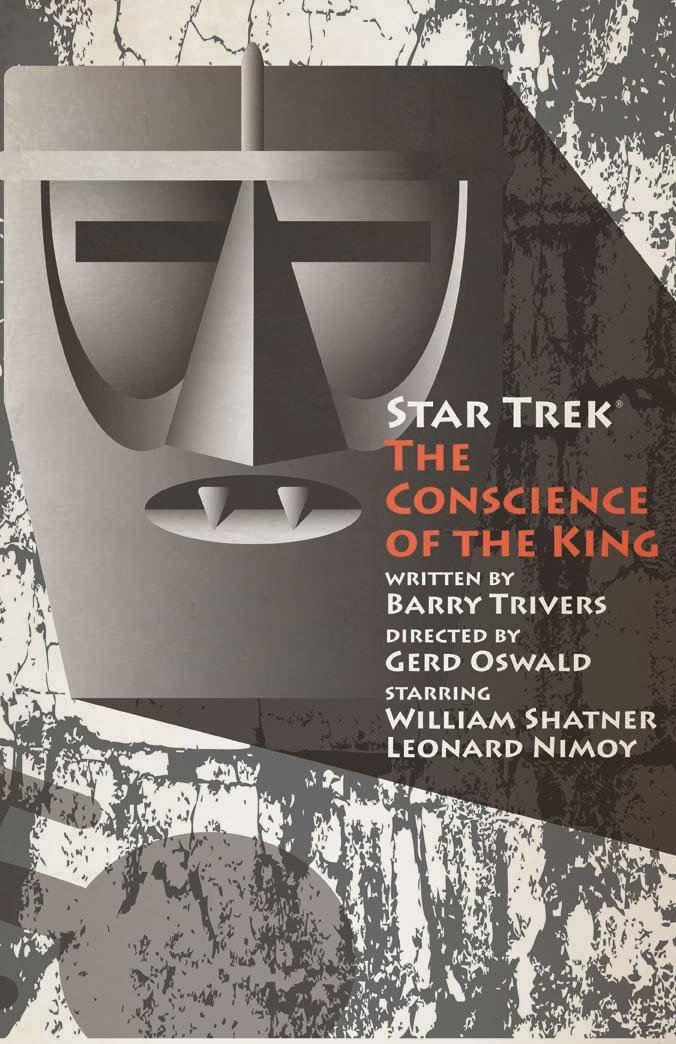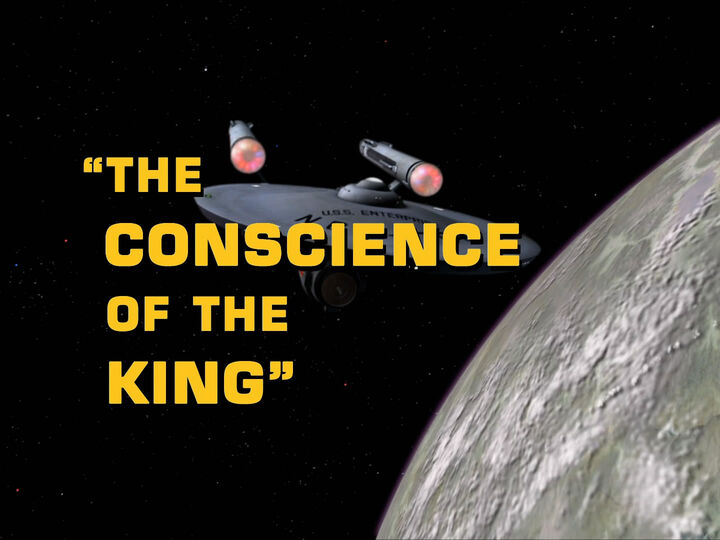
The Doctor : "Do I have the right? Simply touch one wire against the other and that's it. The Daleks cease to exist. Hundreds of millions of people, thousands of generations can live without fear... in peace, and never even know the word "Dalek"."
#DoctorWho on ethics
#DoctorWho on ethics
https://twitter.com/ComicsintheGA/status/1351946195674030088

You might think "Of course I would wipe out the Daleks" but the Doctor steps it deeper. Are his orders to do so just? What about all the unions and bridges made between others in the struggle against the Daleks? Does he have the right? Is it right? What does it do to him? 

NuWho would revisit this "Have I the right" decades later, this time with John Hurt as the Doctor (or whatever name he went by).
There is also the plot device that some things are 'fixed' in time, like Adric's death, and must be.
There is also the plot device that some things are 'fixed' in time, like Adric's death, and must be.

#doctorwho Genesis of the Daleks
The Timelords gave the Doctor 3 victory conditions
Prevent the Genesis of the Daleks
Or
Make them evolve into a less brutal species
Or
Find (or make) a weakness to combat them
The last sounds like a thermal exhaust port idea

The Timelords gave the Doctor 3 victory conditions
Prevent the Genesis of the Daleks
Or
Make them evolve into a less brutal species
Or
Find (or make) a weakness to combat them
The last sounds like a thermal exhaust port idea


The Daleks are eugenics loving cultish Nazis, which reminds me of the #StarTrek episode, Patterns of Force, that made not the least attempt to hide their Nazi story
"We were betrayed by a self-seeking adventurer who has led us all to the very brink of disaster." - Professor Gill
"We were betrayed by a self-seeking adventurer who has led us all to the very brink of disaster." - Professor Gill

KIRK: He drew the wrong conclusion from history. The problem with the Nazis wasn't simply that their leaders were evil, psychotic men. They were, but the main problem, I think, was the leader principle. 

Genesis of the Daleks gives us another such cultist, eugenics loving leader in Davros.
A plot point is that the species, due to generations of war, is cascading genetically, mutating. Davros himself is notably different in a society fixated on purity (like a Voldemort)
A plot point is that the species, due to generations of war, is cascading genetically, mutating. Davros himself is notably different in a society fixated on purity (like a Voldemort)

The Daleks were created (conceptually) by Terry Nation (below), who also wrote Genesis of the Daleks.
The Dalek design came from Raymond Cusick, who never got much credit for his design.
The Dalek design came from Raymond Cusick, who never got much credit for his design.

Note that Davros controls what is and is not 'fact' to his faction, but abandons his edicts as it suits him.
He is offered a challenge to make the Daleks a force for good, but is not interested.
He quickly grasps the power the Doctors foreknowledge is.
He is offered a challenge to make the Daleks a force for good, but is not interested.
He quickly grasps the power the Doctors foreknowledge is.

• • •
Missing some Tweet in this thread? You can try to
force a refresh




















